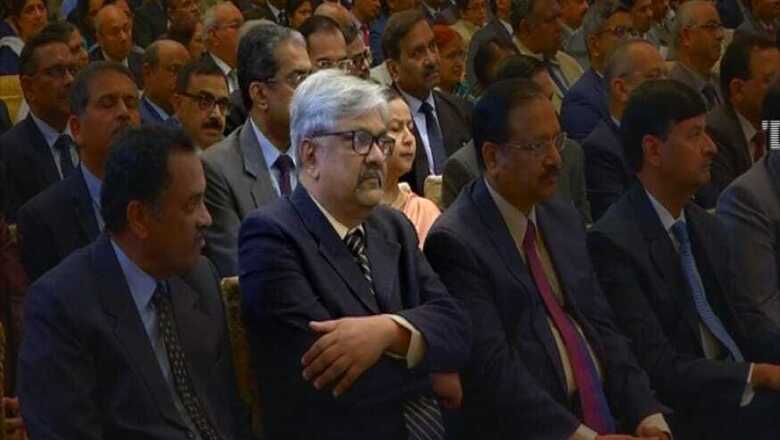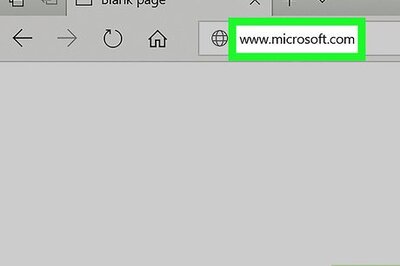
views
New Delhi: The Supreme Court verdict dismissing the pleas seeking probe into alleged irregularities in the Rafale fighter jet deal "would not stand in the way" of the CBI from taking action on the complaint for lodging of an FIR, Justice KM Joseph said on Thursday.
It is "beyond dispute" that offences mentioned in the complaint filed by former Union ministers Yashwant Sinha, Arun Shourie and activist lawyer Prashant Bhushan are "cognizable", he said.
Justice Joseph said this in his separate but concurring verdict that rejected the pleas seeking review of the apex court's December 14, 2018 judgement, which gave a clean chit to the Narendra Modi government in India's deal with France to buy Rafale fighter.
"However, it is my view that the judgment sought to be reviewed, would not stand in the way of the first respondent (CBI)...from taking action on...complaint in accordance with law and subject to first respondent obtaining previous approval under Section 17-A of the Prevention of Corruption Act," he said.
As per Section 17-A of the anti-corruption law, no police officer is permitted to conduct any inquiry or probe into any offence committed by a public servant, where the offence alleged is relatable to discharge of public functions, without previous approval of the authority competent to remove him or her from his office.
"Even proceeding on the basis that on petitioners complaint, an FIR must be registered as it purports to disclose cognizable offences and the Court must so direct, will it not be a futile exercise having regard to section 17A," Justice Joseph said.
"I am, therefore, of the view that though otherwise the petitioners...may have made out a case, having regard to the law actually laid down in Lalita Kumari, and more importantly, section 17A of the Prevention of Corruption Act, in a review petition, the petitioners cannot succeed," he said.
In the Lalita Kumari judgement, a Constitution bench of the apex court had said that lodging of FIR is mandatory if the information discloses commission of a cognizable offence and no preliminary inquiry is permissible in such a situation.
The verdict had said that if the information received does not disclose a cognizable offence but indicates necessity for an inquiry, a preliminary inquiry may be conducted only to ascertain whether cognizable offence is disclosed or not.
Justice Joseph said the petitioners, in their complaint to the CBI, had requested to seek approval in terms of Section 17-A of the Prevention of Corruption Act "but when it comes to the relief sought in the writ petition, there was no relief claimed in this behalf".
He noted that discovery of facts by a police officer carrying out an investigation is completely different from findings of facts given in a judicial review by a court and "the entire proceedings are completely different".
He said the statutory right of the police to investigate about a cognizable offence is well settled and police officer is endowed with wide powers.
Justice Joseph was part of a three-judge bench headed by Chief Justice Ranjan Gogoi which gave a clean chit to the Modi government on the purchase of 36 fully loaded Rafale fighter jets from French company Dassault Aviation, rejecting the plea seeking review of the December 14, 2018 verdict.
The apex court had in its last year's verdict said that there was no occasion to doubt the decision-making process in the procurement of 36 Rafale fighter jets.

















Comments
0 comment